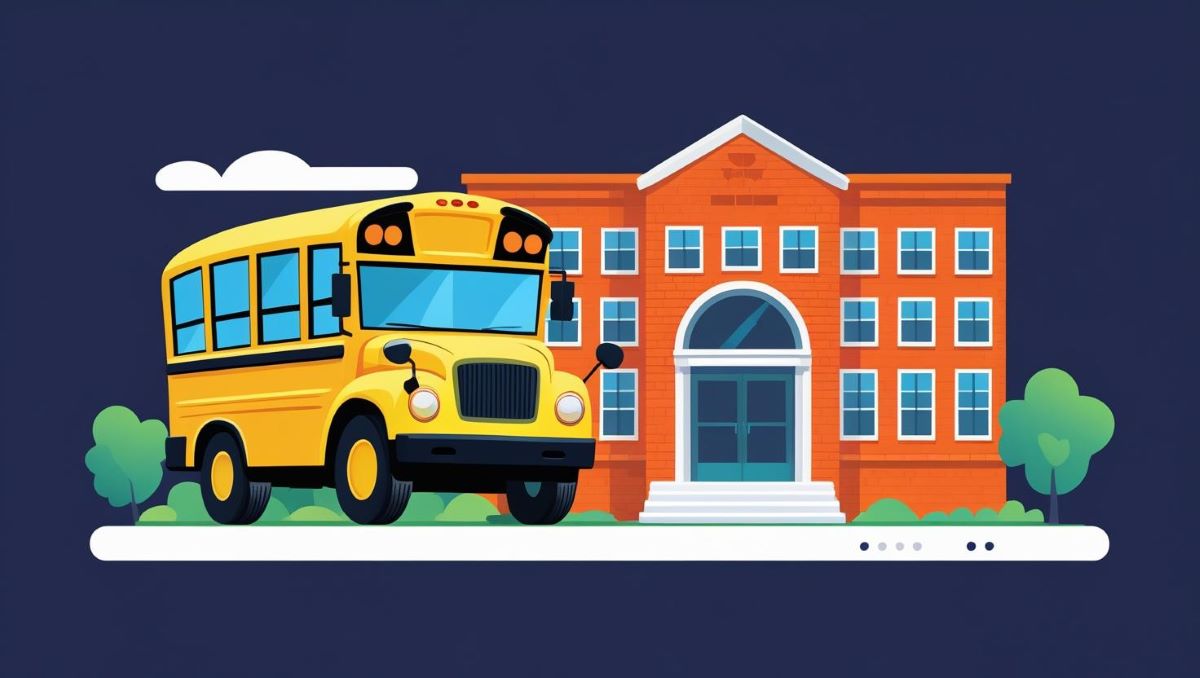This bill is from the 152nd General Assembly. The constitutional requirement to create new legislative districts following the U.S. Census was intended to ensure equal representation at all levels of government. However, Delaware’s current process of redistricting is deeply flawed. It allows the majority party in each legislative chamber to gerrymander state legislative maps in a self-serving attempt to preserve and expand partisan political power. All other considerations have become secondary in this process. This defect is common to many states and some have tried to address the issue by creating election commissions charged with redrawing legislative lines. The challenge in such a system is ensuring that these commissions can conduct their function in a balanced, objective, and non-partisan fashion. This bill proposes a new method that avoids this significant hurdle by leveraging partisan self-interest to create a protocol that results in an equitable outcome. This fresh approach to reapportionment is described in a paper by 3 Carnegie Mellon University professors entitled: “A Partisan Districting Protocol with Provably Nonpartisan Outcomes.” It utilizes a system analogous to a proven, prudent method for instructing 2 children to fairly divide a piece of cake between themselves. The first child cuts the cake, while the second has the option of selecting which piece he or she wishes to consume. In the protocol outlined in this bill, the two competing parties are the partisan caucuses of each General Assembly chamber. The first caucus will initially draw all the legislative districts, observing established legal redistricting standards. The second caucus will have the ability to “freeze” a set number of the districts, locking their boundaries into place. They will then be able to redraw the remaining districts as they wish, delivering the new maps back to the first caucus. This group will then also engage in the freeze and redraw process, with the cycles continuing until all the districts have been defined. With both sides getting equal “bites of the apple,” each has a practical ability to affect the outcome and a reason to work together to achieve a mutually acceptable conclusion. The bill also includes safeguards to ensure public notification and participation in the process, as well as a contingency to allow the judicial branch to draw the new legislative maps should the General Assembly be unable to achieve the task. This legislation assumes calling the General Assembly into special session to approve the finalized maps, providing enough time for the process to be conducted in a deliberative manner. For the complete bill, please click here: https://legis.delaware.gov/BillDetail?LegislationId=129909.
House Bill 44
Legislative Highlights
House Substitute 2 for HB 187 - House Amendment 2
From the 153rd General Assembly, this bill, as amended, authorizes licensed wine producers to ship wine directly to Delaware residents for personal consumption. The law establishes a Wine Direct Shipper License with limits of three nine-liter cases annually per household […]

House Bill 245
From the 153rd General Assembly, this Act amends Title 14 to remove the automatic allowance for public school districts to increase property tax rates by up to 10% following a countywide reassessment. Beginning July 1, 2025, any post-reassessment tax rate […]

House Bill 184
From the 153rd General Assembly, this Act amends Title 29 and proposes a new bipartisan redistricting protocol for the Delaware General Assembly, aiming to reduce gerrymandering and increase fairness. Inspired by a Carnegie Mellon model, the bill introduces a “freeze […]
House Bill 188
From the 153rd General Assembly, this Act amends Title 15 to expand voting access in Delaware by allowing unaffiliated voters to participate in political party primary elections. This change affects over 170,000 registered voters who are not affiliated with any […]
